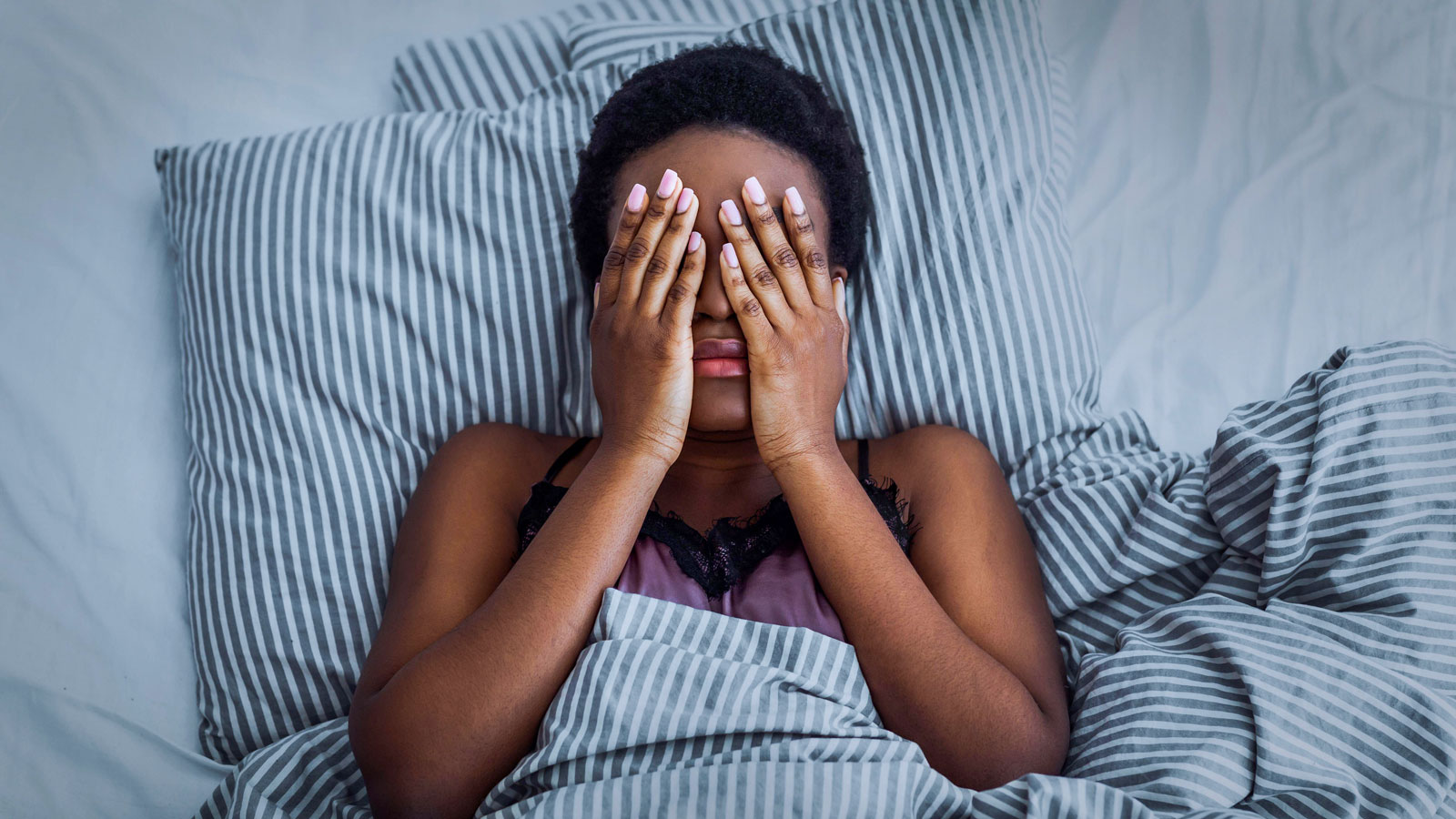- Empty cart.
- Continue Shopping
The Role of Sleep in Mental Health

Sleep is often underestimated when it comes to its impact on our overall well-being, particularly our mental health. In our fast-paced world, where work, social activities, and screen time often take precedence, getting a good night’s sleep can sometimes be neglected. However, the significance of sleep in maintaining and promoting mental health cannot be overstated.
Understanding the Sleep-Mental Health Connection
To appreciate the connection between sleep and mental health, it’s essential to understand the intricate relationship that exists between them. Sleep and mental health are inextricably linked, with each influencing the other in profound ways.
Sleep Quality
The quality of your sleep can significantly impact your mental health. When you consistently experience poor or disrupted sleep, it can lead to increased stress, anxiety, and irritability. Sleep is the body’s natural way of rejuvenating, repairing, and recharging, both physically and mentally. When this process is compromised, it can take a toll on your emotional stability.
Sleep Duration
The quantity of sleep you get is equally important. Chronic sleep deprivation, which is defined as consistently getting less than the recommended 7-9 hours of sleep for adults, has been associated with a higher risk of developing various mental health disorders, including depression and anxiety.
Mental Health Conditions
Conversely, individuals who already struggle with mental health conditions such as depression and anxiety often experience sleep disturbances as a symptom. These sleep disturbances can exacerbate their existing mental health challenges, creating a vicious cycle.
The Impact of Poor Sleep on Mental Health
Let’s take a closer look at how poor sleep can affect your mental health:
1. Increased Stress and Anxiety
Lack of sleep can make you more prone to stress and anxiety. Sleep deprivation can heighten the activity of the amygdala, the part of the brain responsible for processing emotions, which can lead to increased feelings of anxiety and emotional reactivity.
2. Depression
Chronic sleep problems have been strongly linked to the development of depression. Sleep disruptions can negatively affect mood regulation, making individuals more vulnerable to depressive episodes.
3. Impaired Cognitive Function
Poor sleep can impair cognitive functions such as memory, decision-making, and problem-solving. This can make it difficult to cope with daily stressors and can contribute to feelings of frustration and hopelessness.
4. Increased Risk of Bipolar Disorder
Sleep disturbances, both too much and too little sleep, can trigger manic or hypomanic episodes in individuals with bipolar disorder. It is crucial for those with this condition to maintain a consistent sleep schedule.
The Benefits of Good Sleep on Mental Health
Conversely, prioritizing and achieving restful sleep can have a range of positive effects on mental health:
1. Emotional Resilience
Adequate sleep can enhance your emotional resilience, helping you better cope with life’s challenges and stressors.
2. Enhanced Mood
Quality sleep is linked to improved mood regulation. It can help reduce the risk of mood disorders and decrease symptoms in those already experiencing them.
3. Better Cognitive Function
Restorative sleep supports cognitive functions, such as memory and concentration, leading to improved decision-making and problem-solving abilities.
4. Reduced Risk of Mental Health Disorders
Prioritizing good sleep hygiene can reduce the risk of developing mental health disorders and contribute to the management of existing conditions.
Tips for Improving Sleep and Mental Health
Now that we understand the vital role sleep plays in mental health, let’s explore some practical strategies to improve both:
1. Maintain a Consistent Sleep Schedule
Try to go to bed and wake up at the same time every day, even on weekends. This helps regulate your body’s internal clock and improve the quality of your sleep.
2. Create a Relaxing Bedtime Routine
Engage in calming activities before bed, such as reading, gentle stretching, or meditation. Avoid stimulating activities and screens that emit blue light, which can interfere with your sleep.
3. Create a Comfortable Sleep Environment
Ensure your bedroom is conducive to sleep by keeping it dark, quiet, and at a comfortable temperature. Investing in a comfortable mattress and pillows is also essential.
4. Limit Caffeine and Alcohol
Avoid caffeine and alcohol close to bedtime, as these substances can disrupt sleep patterns.
5. Stay Active
Regular physical activity can promote better sleep. However, try to finish exercising at least a few hours before bedtime to allow your body to wind down.
6. Manage Stress
Develop stress-management techniques such as mindfulness meditation, deep breathing exercises, or counseling to help manage stress and anxiety, improving your sleep quality.
7. Seek Professional Help
If you consistently struggle with sleep problems or experience symptoms of a mental health disorder, don’t hesitate to seek professional help. Mental health professionals can provide guidance and treatment options tailored to your specific needs.
In Conclusion, Sleep is a pillar of overall health, with a profound impact on mental well-being. Understanding the intricate relationship between sleep and mental health is essential for maintaining a balanced and fulfilling life. By prioritizing good sleep hygiene and seeking help when needed, you can harness the power of sleep to enhance your emotional and psychological resilience. A restful night’s sleep is not just a luxury; it’s a critical component of a healthy and vibrant life.








